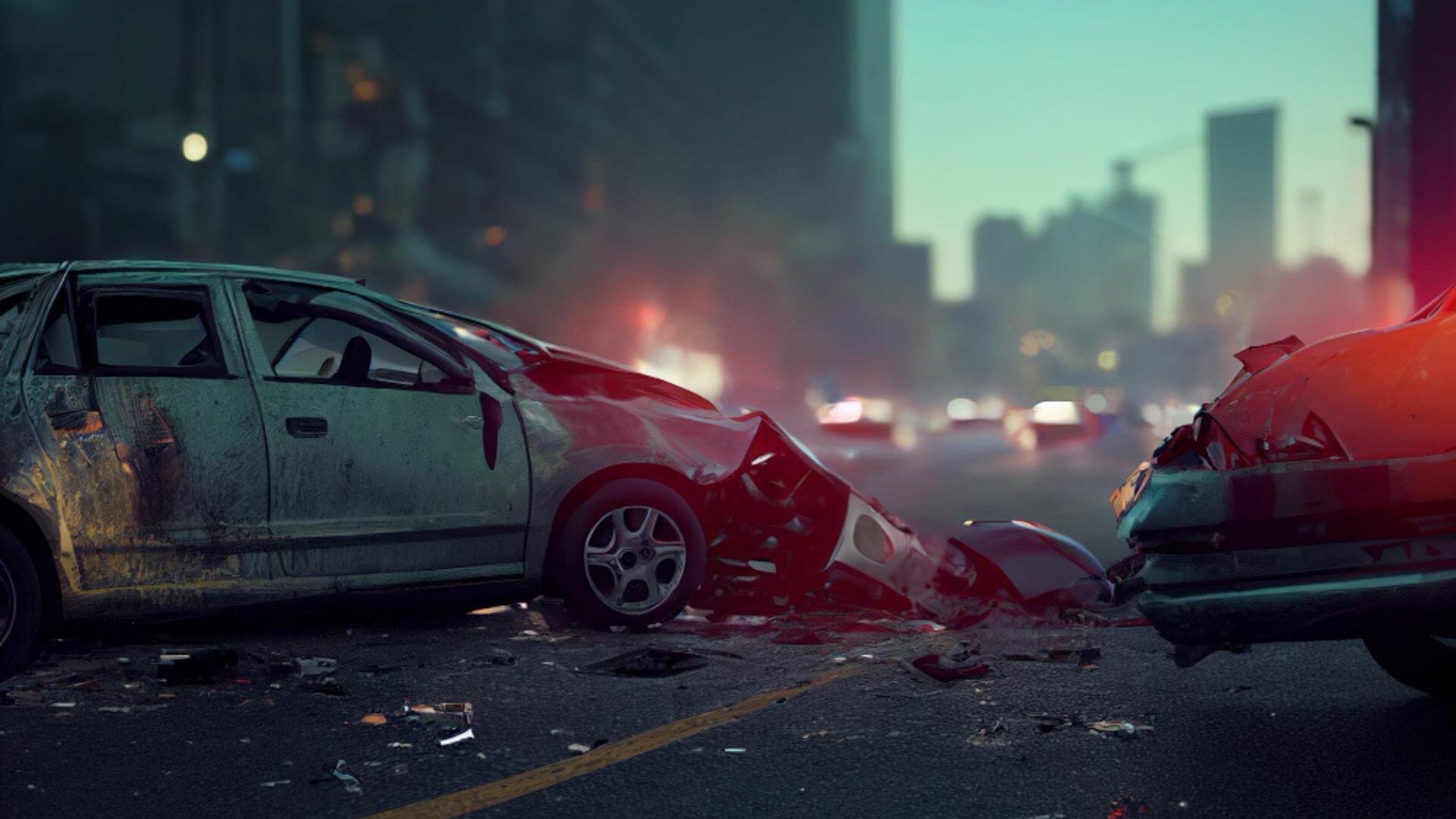No one plans to crash their car into another or be hurt in a car crash. But countless car crashes of varying levels of severity happen every day throughout the country. Some of these accidents leave you or others with serious injuries or significant property damage.
The damage sustained by these accidents can, in some cases, exceed the limits of your and others’ insurance policies.
If you are not at fault in these severe accidents, you can sue the at-fault driver for the costs and expenses insurance does not cover. But the reverse is also true. If you caused a severe accident, those hurt in the crash could sue you for damages and expenses that insurance claims did not address. So here is the biggest confusion Should I call my insurance if it was my fault or not?
Damages Recoverable After a Severe Car Crash
The general rule is that any expense you incur due to a crash is recoverable through a claim or lawsuit. These include the following costs and bills:
- Medical expenses, hospitalization costs, and follow-up treatment
- Prescription drug costs and rehabilitative devices
- The value of the time you missed from work
- Mental health or counseling costs
- Any loss in your ability to enjoy life or activities you once enjoyed
The damages you can recover also include anticipated future costs you could experience. In severe car or truck accidents, for example, you may need months of rehabilitative therapy.
And when you do return to work, you may not be able to do the same work you once did. You may have to take a lower-paying position with fewer demands and hours. All of these are compensable expenses through a lawsuit.
How You Pay for Damages from a Car Crash
If you are the at-fault driver in a crash, you bear responsibility for paying the losses of others hurt in the crash.
Your insurance company is most often the party that will pay for the damages others sustain in the crash. Through settlement agreements and releases of liability, your insurance company will attempt to resolve claims within the limits of your policy.
However, the insurer is only required to pay claims up to the limits of its policy with you. If those claims exceed your policy’s limits, you can be personally liable for the difference.
For example, suppose that you cause a car crash that results in $1 million in damages to a child in the other vehicle. Your insurance policy likely does not cover damages that high. If the child’s parent does not settle their claim with your insurance company for your policy’s limits, you are on the hook for the difference in damages.
You might not be a millionaire or have a large savings account or other liquid assets you can sell to satisfy a judgment like this. But the judgment against you does not go away simply because you cannot easily pay it. Remember, the injured party sustained injuries and financial losses because of your carelessness.
Enforcing a Judgment by Selling Assets

You may wonder, “Can I lose my house due to an at-fault car crash?” Yes, you can. If you have equity in your home, a court may enter a judgment creating a lien against the home. You would need to satisfy this lien before you could sell your home. The larger the amount of equity in your home, the more attractive it is to a judgment creditor.
A lien is not the only action an injured party or their attorney can take against your home. In some cases, they can also force a sale of your home to satisfy the judgment against you.
All the proceeds of the sale would first go to satisfying any mortgage you have against your home. Then, any remainder would go toward the lien.
The Likelihood of Losing Your Home Is Small
If the answer to the question, “Can You Lose Your House From a Car Accident?” worries you, you should take a deep breath. It is rare for someone with a judgment against you to take the steps necessary to place a lien on your home and then foreclose on your house.
The process is time-consuming and expensive, and it is far easier and more profitable for the other party to work out another arrangement with you.
Additionally, the less equity you have in your home, the less attractive it is to an injured plaintiff as a potential source of compensation.
Your Home Is Not Always in Jeopardy After a Car Wreck
The fact is that your home may not be a good source of compensation for an injured plaintiff. But there are other situations where your home is not subject to foreclosure to satisfy a judgment.
Suppose that you get into a car crash due to negligence while you are on the job for your employer. Here, your personal assets are not at risk. In this situation, your employer will indemnify you and be responsible for paying the costs of any judgment awarded against you.
If you rent your home but do not own it, it cannot be seized from you or sold to satisfy a judgment against you, either.
How a Virginia Car Accident Lawyer Assists You After a Crash
If another person accuses you of causing a car crash, you may legitimately wonder, “Can I lose my house due to an at-fault car accident?” While the answer is yes, there are ways an attorney can help prevent this.
A skilled car accident lawyer, like those at The Joel Bieber Firm, can closely investigate your crash. Even the slightest bit of negligence committed by the other driver could defeat a claim for damages if that negligence contributed to the crash or their injuries.
Protecting your home and other valuable assets is a priority for The Joel Bieber Firm. If you are being sued for damages after a wreck, call us for help.
Interesting Reads:
Being Sued for a Car Accident but Have No Assets?
What Is Considered Nursing Home Negligence?
Wrong-Way Car Accidents — Who Is at Fault?

